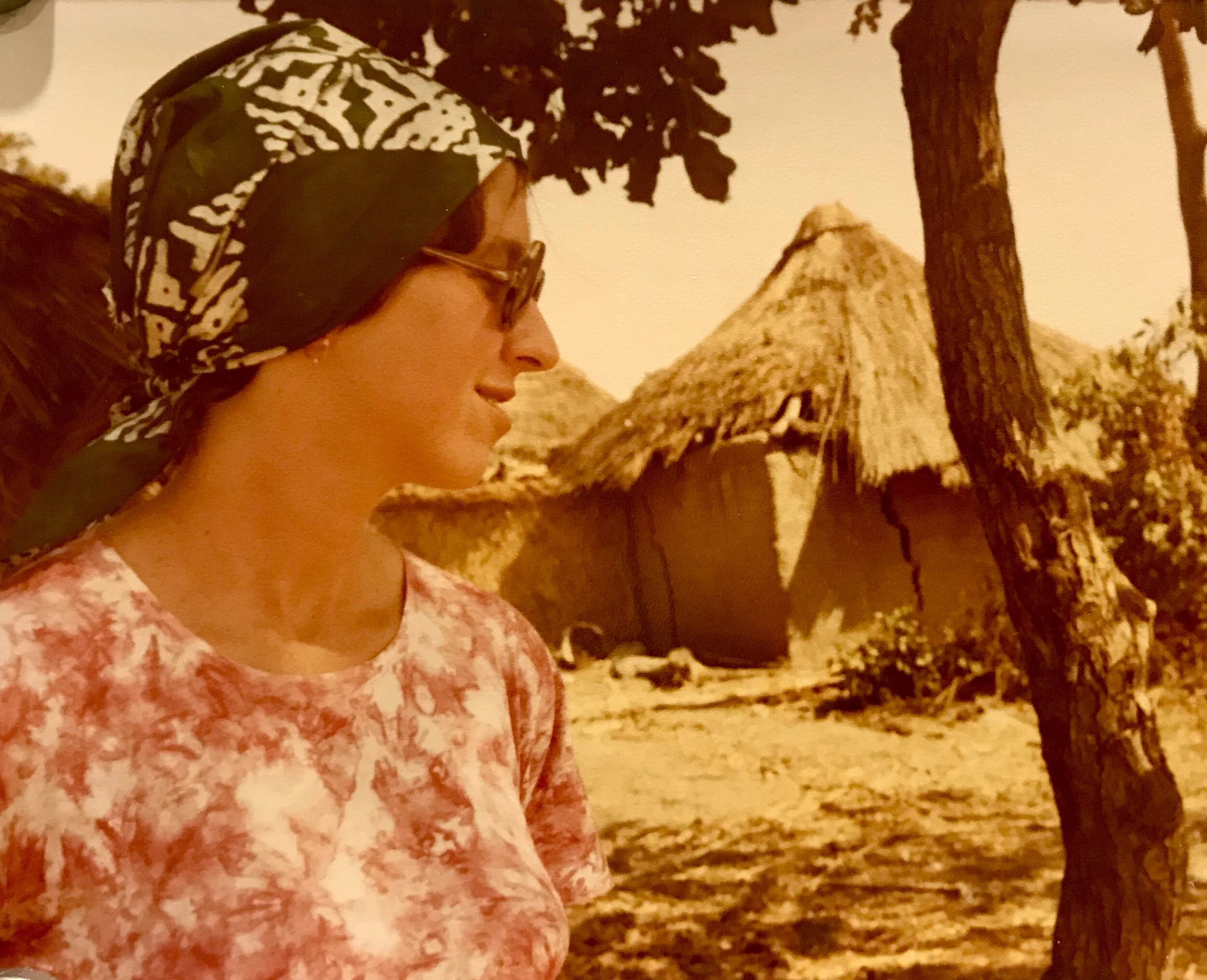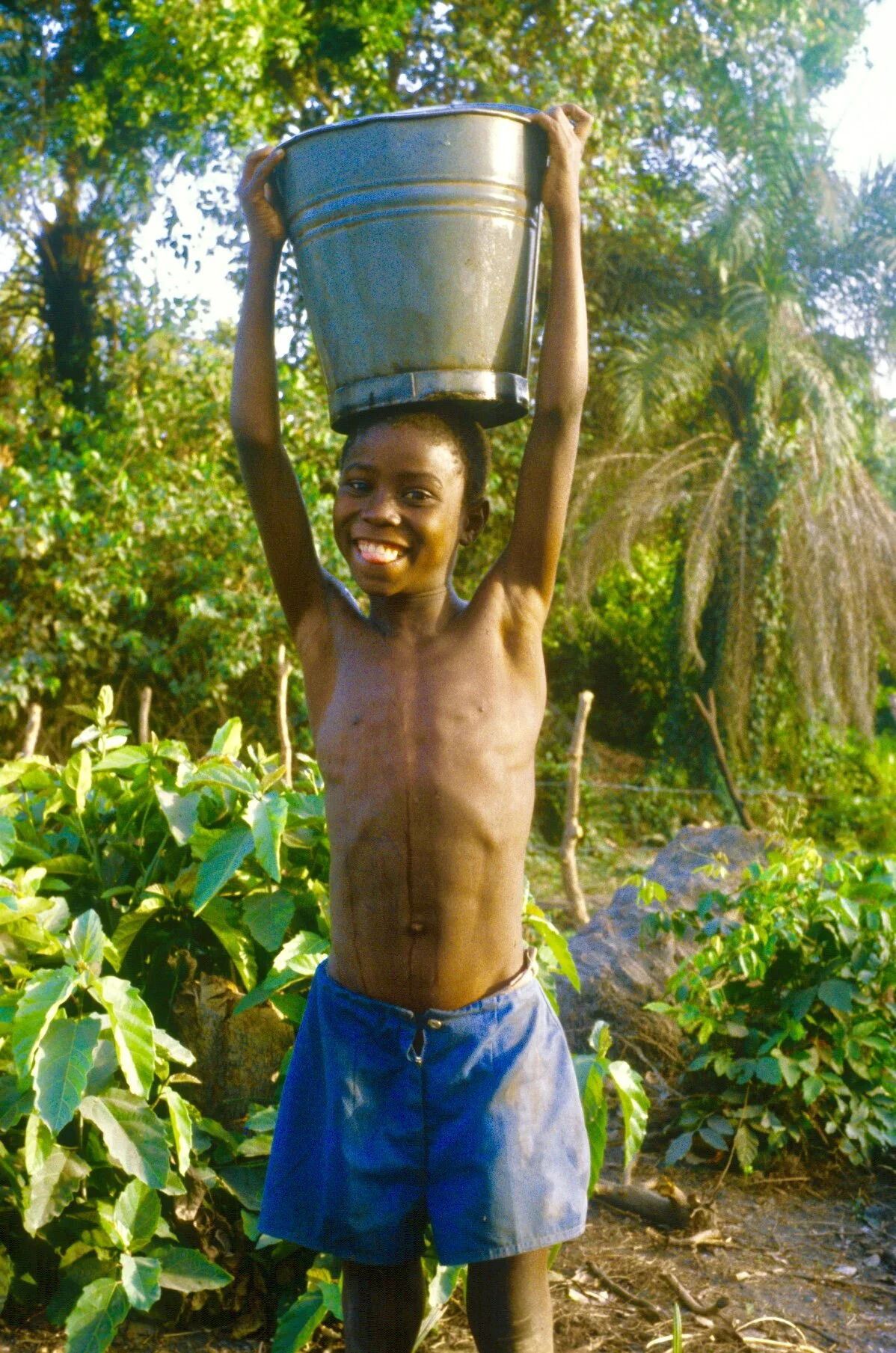Forty years ago yesterday, I started a garden in Africa.
I’d been living in a Gambian village for about seven months. The Peace Corps asks you to stay the course for at least six, no matter how miserable you are, because that’s how long it takes to even begin to adjust. I hadn’t gotten very far. Anxiety had me by the throat. I was always on the edge of tears. I had to constantly fight the urge to flee to the city and take the next flight home.
I felt like I should have adjusted months earlier
But I couldn’t go home. If I did, I would have failed. I would end up right back where I started, a place I didn’t like. I couldn’t leave my village, but neither could I stay.
Something had to give, so I made a bargain with myself. I’d already figured out why the women didn’t listen to my health lessons: I’d been telling them to improve their diet with vegetables, the very thing they didn’t have. Although I’d never grown so much as a carrot, I decided that I would organize a garden. If the women participated, I would stay. If not, I’d admit failure and go home.
The women said they liked the idea, but I couldn’t tell if they meant it—they often said “yes” to be polite. We formed a club and they paid dues to buy seeds, but when the appointed day came, only my counterpart—an older woman named Ya Mari—joined me. We dug one vegetable bed and began another, embarrassed for having started a club that only we wanted to join.
We’d almost finished our third bed when I heard a little boy calling my name. I looked up. He’d run ahead of his mother, who was striding toward us with a cluster of women trailing behind. Smiling and waving and swinging their buckets, they looked like they were on their way to a festival.
If they hadn’t shown up, I would have understood; they already had way too much work. But with my emotional well-being at stake, but I would have honored my bargain with myself and started packing for the sad trip home. Instead I returned to my hut, tired but happy. I glanced at the calendar, surprised to see that the date was inked in red. I looked closer and laughed. It was Thanksgiving. I’d been too busy to be homesick, and the holiday had passed me by.
A little boy helps his mother water her vegetable beds





